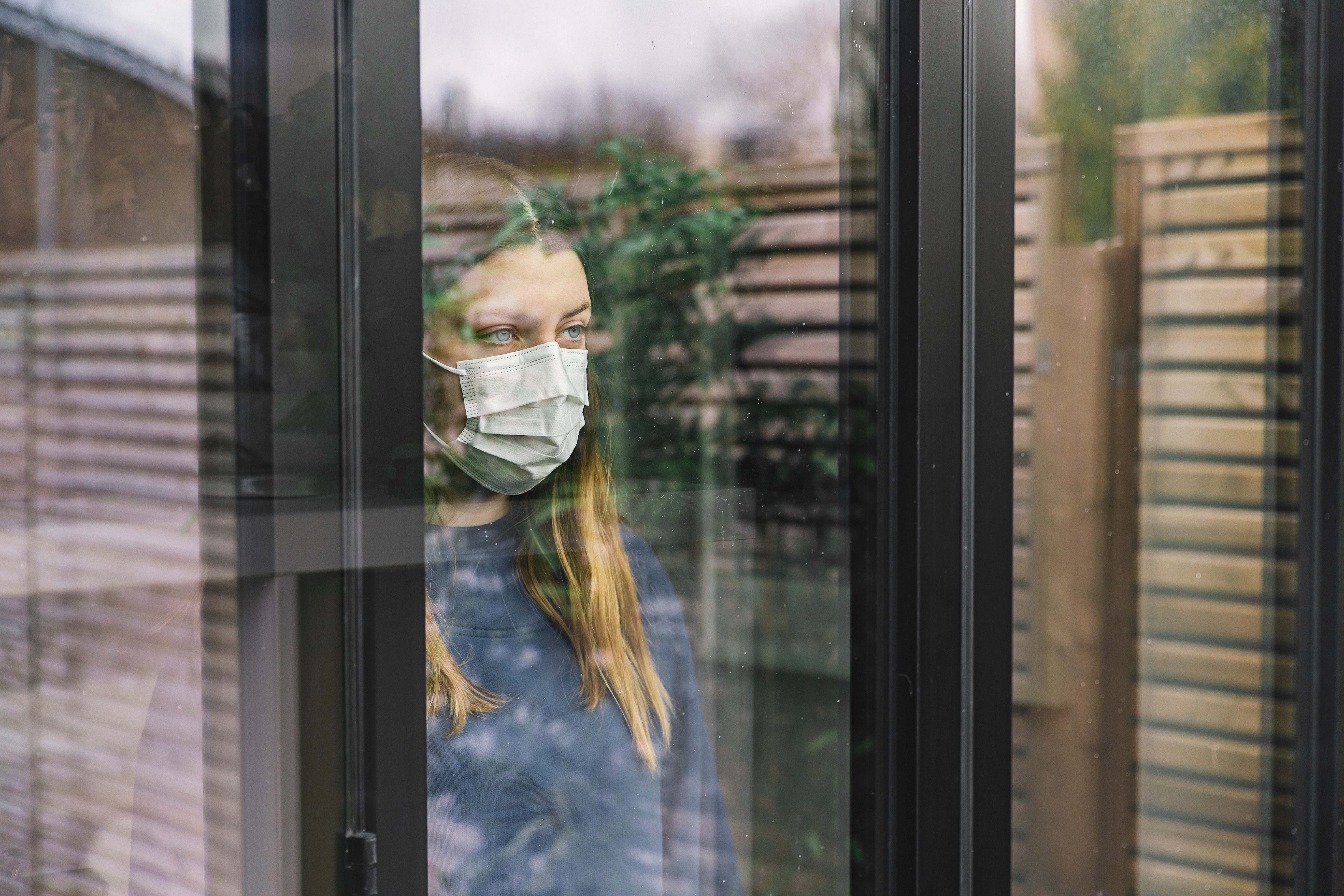Arshdeep Cheema knows the struggle of maintaining good mental health.
After moving from India to Australia at the age of two, she was forced to deal with the high expectations from her parents and the community.
“It’s a lot of pressure to put on a child at a young age. You have to do this many hobbies, you have to be academically excellent,” she said.
“It wasn’t necessarily my parents that put this pressure, it was more just the fact that a lot of other Indians around me were doing that.”
That pressure eventually took its toll, as Ms Cheema struggled with anxiety and an eating disorder.
The public health student believes migrant youth are falling through the cracks when it comes to getting the mental health help they need.
A new report has found many young people from migrant and refugee backgrounds are vulnerable to developing mental health issues.
It’s the result of a two-year collaboration between Orygen, which conducts research on youth mental health, and the Centre for Multicultural Youth.
Orygen policy adviser David Baker said refugees and migrants often face unique mental health challenges.
“There are many different pathways that young people have taken to arrive in Australia, and that can inform their experience and their vulnerability once they arrive here and they have to settle into a new country and a new culture,” Mr Baker said.
“And that brings added pressure that can impact on their mental health.”
When moving overseas, migrants often experience disrupted support networks, difficulty adjusting to a new culture, language barriers, racism and discrimination.
Many have had traumatic experiences before arriving in Australia.
Advocates say there’s a desperate need for culturally-relevant and specialised mental health services and treatments.
Chief executive of the Centre for Multicultural Youth, Carmel Guerra, said young refugees and migrants face barriers when trying to access mental health services in Australia.
“The whole notion of the mental health status of those group of young people, who now constitute close to one-in-two young people under 30, has been a kind of hidden issue that hasn’t been identified because they’re not visible in our mental health system,” she said.
“It is an issue that is brewing under the surface, that will explode unless we do something to address it.”
Ms Guerra said the problem has worsened during the pandemic, with young people reporting feeling more unwell, isolated and lonely.
Ms Cheema said many do not know how to access help.
“People from the community are teaching people in the community that it’s okay to receive help. A lot of people just don’t go get help,” she said.
“They just don’t know how to access these resources.”
The report is advocating for a community-based approach to helping people achieve mental wellbeing.
“In many communities, this whole saying about ‘it takes a whole community to raise a child’, whereas in Western society it’s very much about your nuclear family,” Ms Guerra said.
“Well, you can see that they are heading for a collision course, can’t you, when young people are expected to navigate those worlds?”
The organisations are calling for a more inclusive and culturally-responsive approach that involves consulting with young people, considering migrants’ spirituality and engaging with families.
Mr Baker said having conversations and forming connections between mental health workers and young people is crucial.
“For a clinician, speaking to a young person, asking genuine questions about their cultural background is important,” Mr Baker said.
“And at a service level, it’s important that they reach out to communities and they build relationships.”
Ms Cheema has a message for other young people struggling with their mental health.
“It does get better. If you seek help, if you come to terms with who you are.
“Eventually your parents will come around to it, they’ll understand what you’re going through.”
Readers seeking support with mental health can contact Beyond Blue on 1300 22 4636. More information is available at Beyond Blue.org.au. Embrace Multicultural Mental Health supports people from culturally and linguistically diverse backgrounds.








